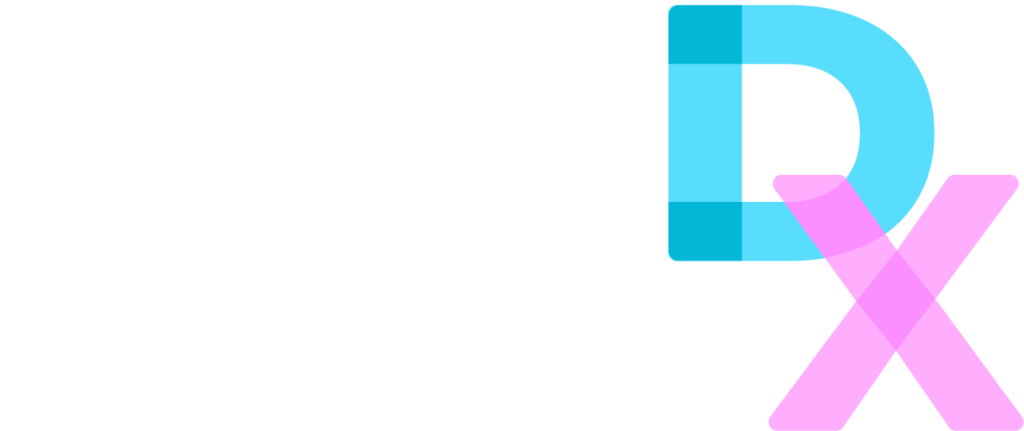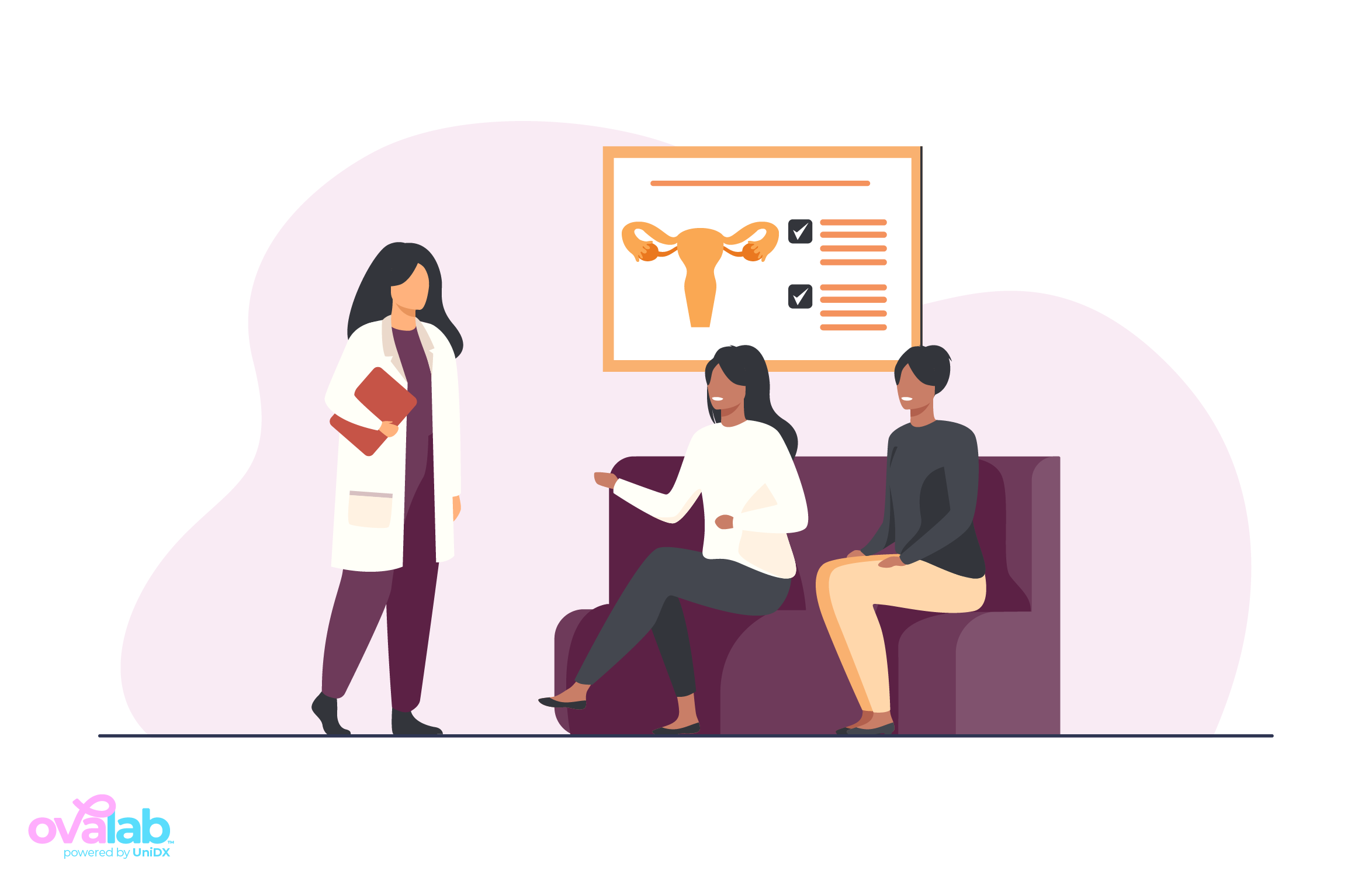Ovarian cysts
Ovarian cysts are fluid filled sacs that develop on the ovary when an egg is released.
Many women develop ovarian cysts in their lifetime. Sometimes, they go unnoticed without pain or symptoms. A cyst may develop in either ovary.
Types of ovarian cysts
Some of the different types of ovarian cysts are:
- dermoid cysts
- endometrioma cysts
- functional cysts (the most common)
Many cysts go away on their own after a few weeks.
Symptoms of ovarian cysts
- abdominal bloating or swelling
- painful bowel movements
- problems emptying the bladder or bowel completely
- dull aching in the lower back and thighs
- pain during sex
- pelvic pain before or after the menstrual cycle
- pain in the lower back or thighs
- unusual (not normal) vaginal bleeding
- breast tenderness
- needing to urinate more often
- breast tenderness
- nausea and vomiting
- fever
- rapid breathing
- faintness or dizziness
- sharp pelvic pain
Sometimes, a cyst will burst, cause the ovary to twist, or cause heavy bleeding. Seek emergency care if you have intense pain that comes on quickly. If you already know that you have an ovarian cyst and you experience any of the following symptoms, get medical help right away:
- Pain with fever and vomiting
- Sudden, severe abdominal pain
- Faintness, dizziness, or weakness
- Rapid breathing
Polycystic ovary syndrome
When the ovaries keep making many small cysts, it is called polycystic ovary syndrome (PCOS). PCOS can cause problems like:
- missed or irregular menstrual periods
- excess hair growth
- acne
- infertility
- unexplained weight gain
Women with PCOS may be at higher risk for type 2 diabetes, high blood pressure, heart problems, and endometrial cancer.
Treatment for ovarian cysts
Your cyst may need surgery if you are past menopause or if your cyst:
- does not go away after several menstrual cycles
- gets larger
- looks unusual on the ultrasound
- causes pain
If your cyst does not need surgery, your doctor may:
- recommend over-the-counter medicine or
- prescribe stronger medicine for pain relief
- prescribe hormonal birth control
Hormonal birth control (the pill, vaginal ring, shot, or patch) helps prevent ovulation. This may lower your chances of getting more cysts.

